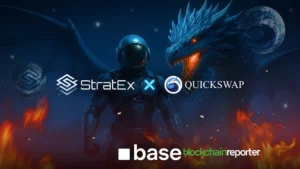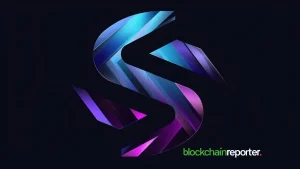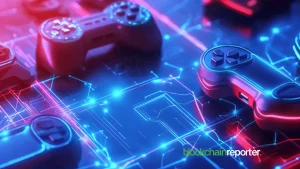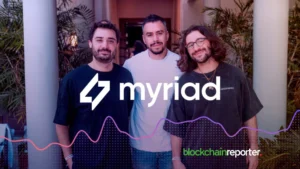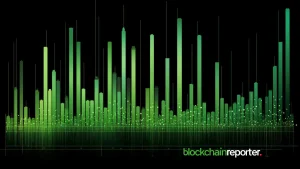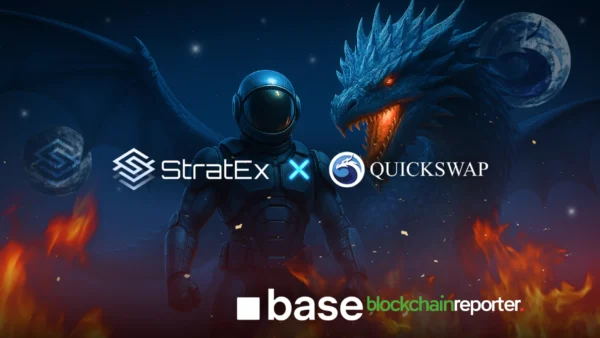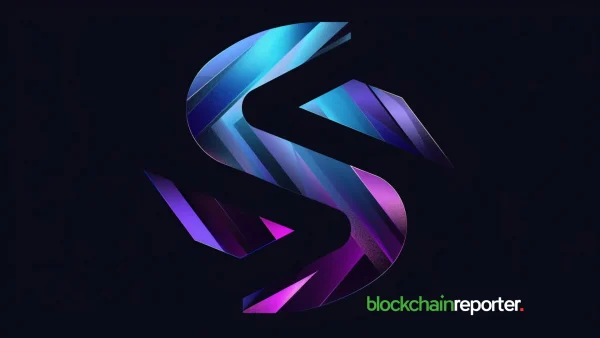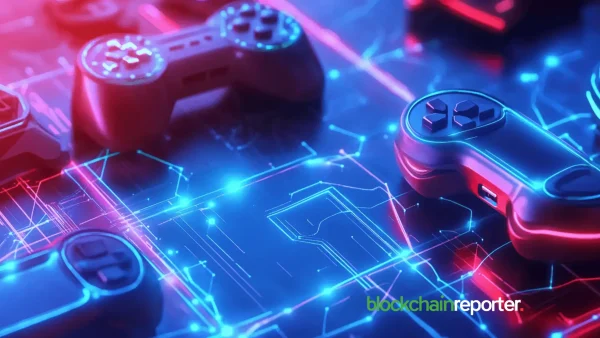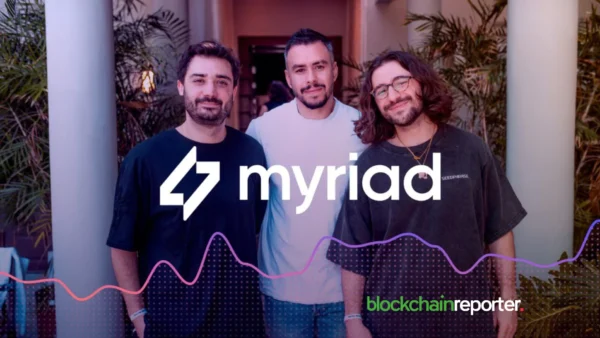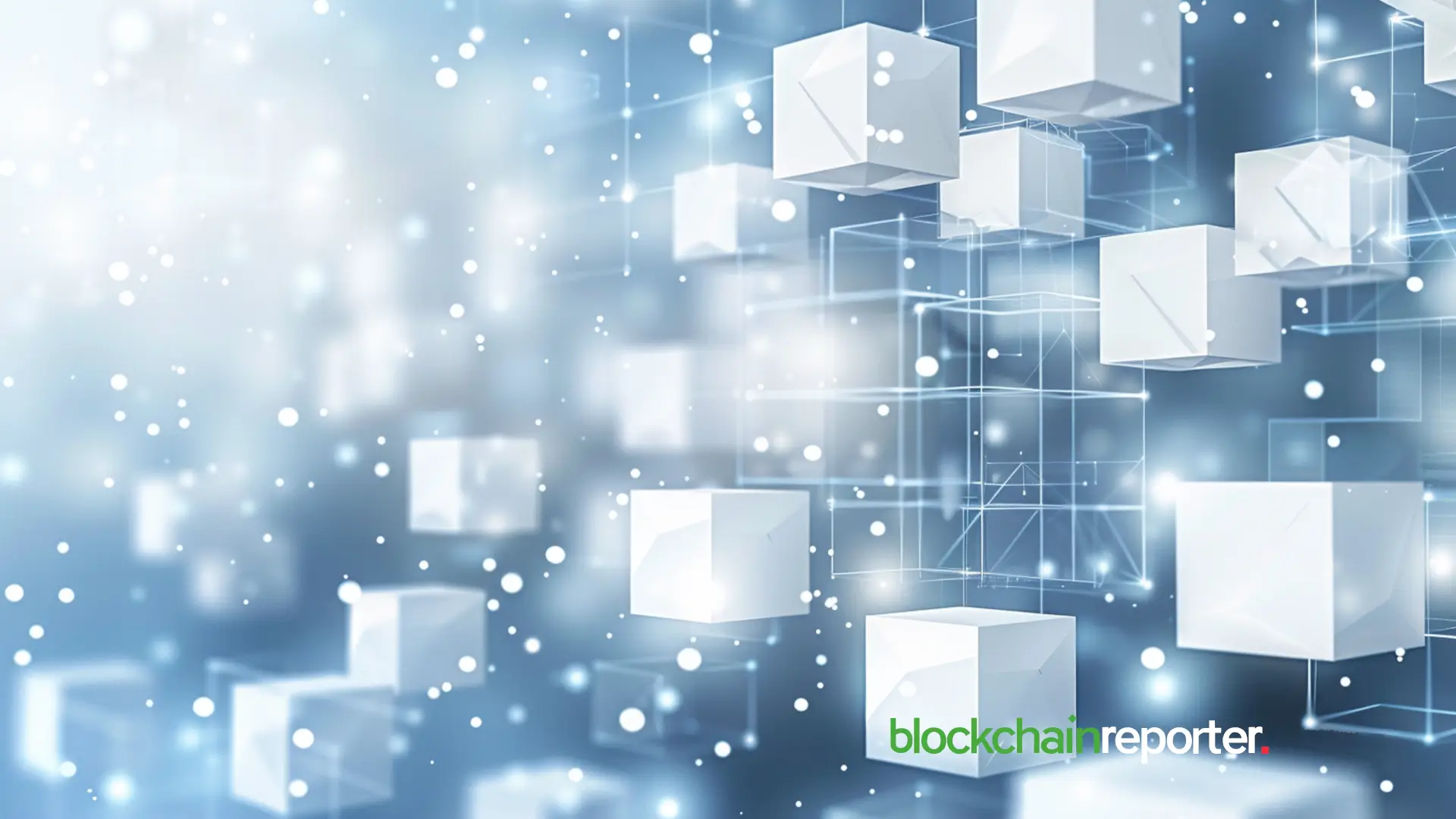
Notifi, a prominent platform offering decentralized notification facilities, has disclosed an exclusive integration with ZeroGravity Labs (0G). As per Notifi, this collaboration plays the role of a noteworthy move in the evolving AI and crypto landscape, targeting back real-time notifications for the innovative platform of 0G, which has created the earliest Decentralized AI Operating System (dAIOS). The platform took to social media to provide details about this development.
Notifi’s New Integration with ZeroGravity Labs Intends to Revolutionize the Advancing
Notifi mentioned that the dAIOS of ZeroGravity Labs operates as a trailblazer concerning the infrastructure dealing with decentralized AI. It incorporates an accessible layer for data availability with the decentralized storage mechanism. It permits a matchless management of on-chain data in huge amounts. This turns 0G into specifically appropriate for data-dense applications, taking into account on-chain AI. Additionally, it elevates the status of 0G in the expanding world of L2 scalability solutions.
The platform leverages an exclusive “0G Storage” network with the employment of Proof of Random Access, analogous to Proof-of-Work mining. As a result of this, it intends to enable effective processing of data. With Manta Network, Fuel, Arbitrum, and Polygon standing among the chief partners, 0G has a significant position as a programmable, cost-effective, and scalable data availability solution. It is reportedly essential for data-intensive applications and on-chain AI.
The initiative Improves 0G’s communication with Clients Through the Community and Node Operators
The integration with Notifi increases the real-time communication of 0G with its consumers via 2 unique channels. They take into account Node Operators and the Community. The platform will provide timely alerts concerning ecosystem announcements, listings of assets, and governance proposals. To facilitate developers, particularly Node Operators, these alerts will offer updates concerning the testnet and mainnet chain upgrades, RPC node alterations, and indexer features.
